A new microwell chip holds promise for screening immunotherapy drugs with the added bonus that it can include a patient’s own cells for optimized treatment planning.
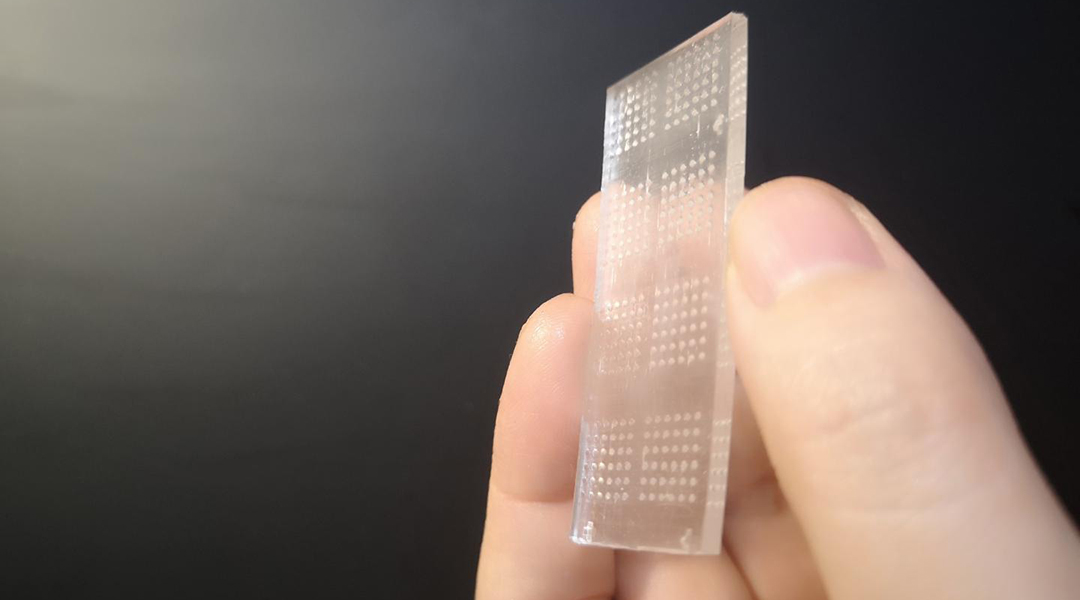

A new microwell chip holds promise for screening immunotherapy drugs with the added bonus that it can include a patient’s own cells for optimized treatment planning.
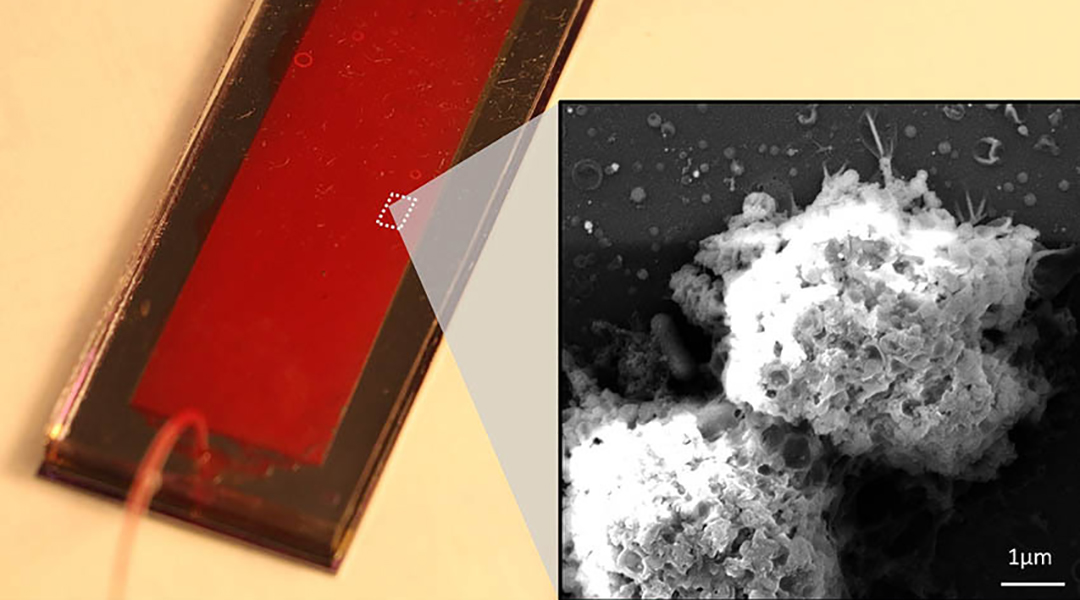
Engineers and oncologists teamed up to develop a microfluidic chip capable of capturing the body’s natural killer immune cells to harvest their cancer-killing exosomes.
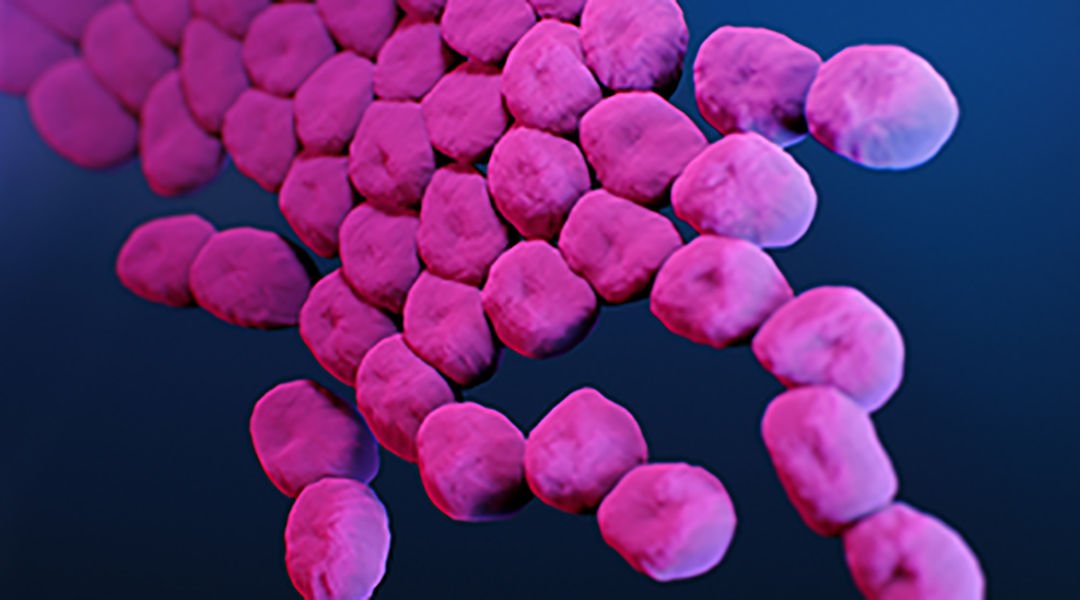
Scientists investigated phages that can kill the world’s leading superbug, Acinetobacter baumannii, which is responsible for up to 20% of infections in intensive care units.

Bacteria controlled by magnets could one day deliver medicine directly to the cells that need it.
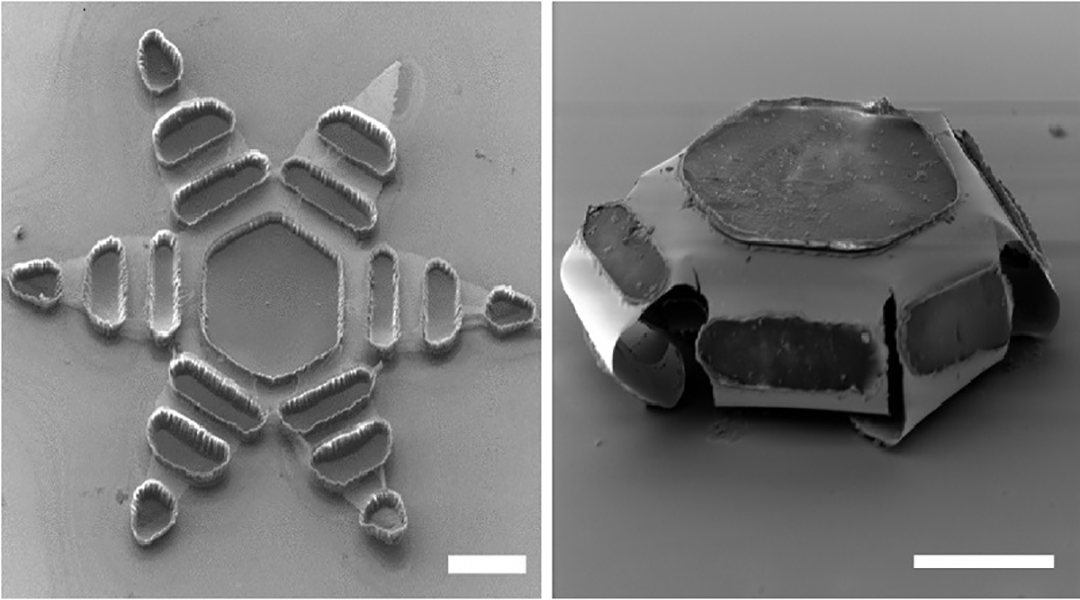
“Theragrippers” are inspired by a parasitic worm that clamps onto its host’s intestines.
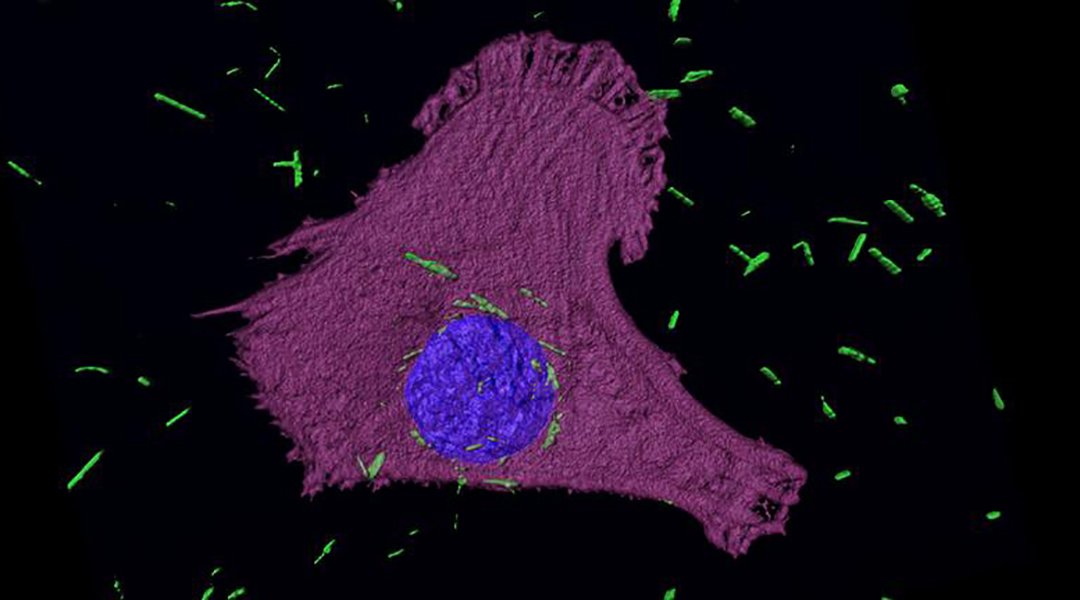
Researchers create a method to fine tune the properties of nanoparticles, making them a promising treatment for cancer.

Researchers challenge the current paradigm for embolization with a safe and versatile embolic agent made from malleable and injectable hydrogels.
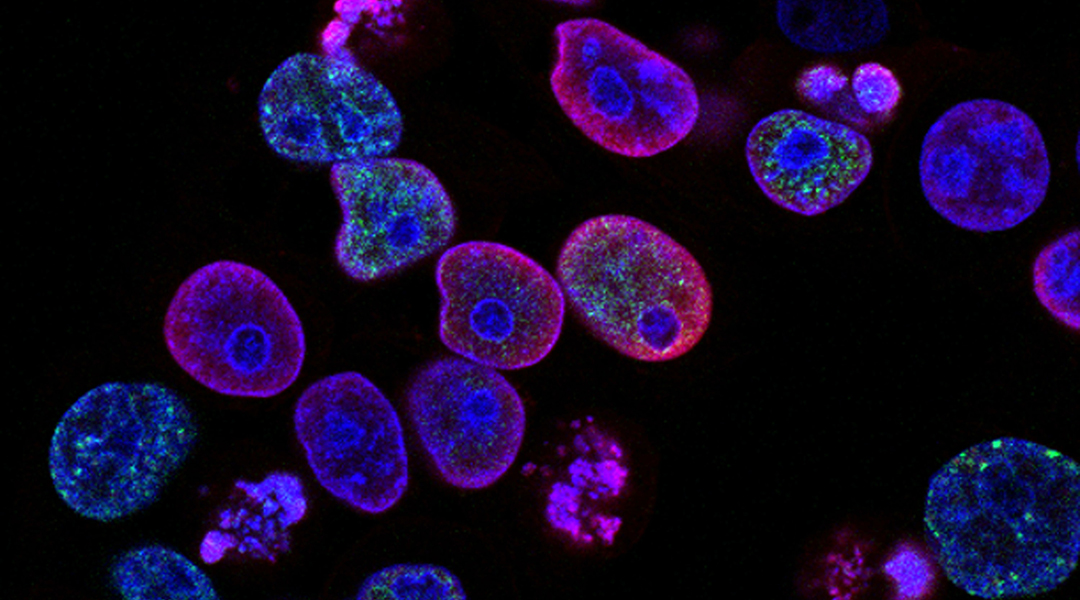
Researchers have designed a gold-coated nanomotor that can be controlled by infrared irradiation for precise drug delivery in cells.
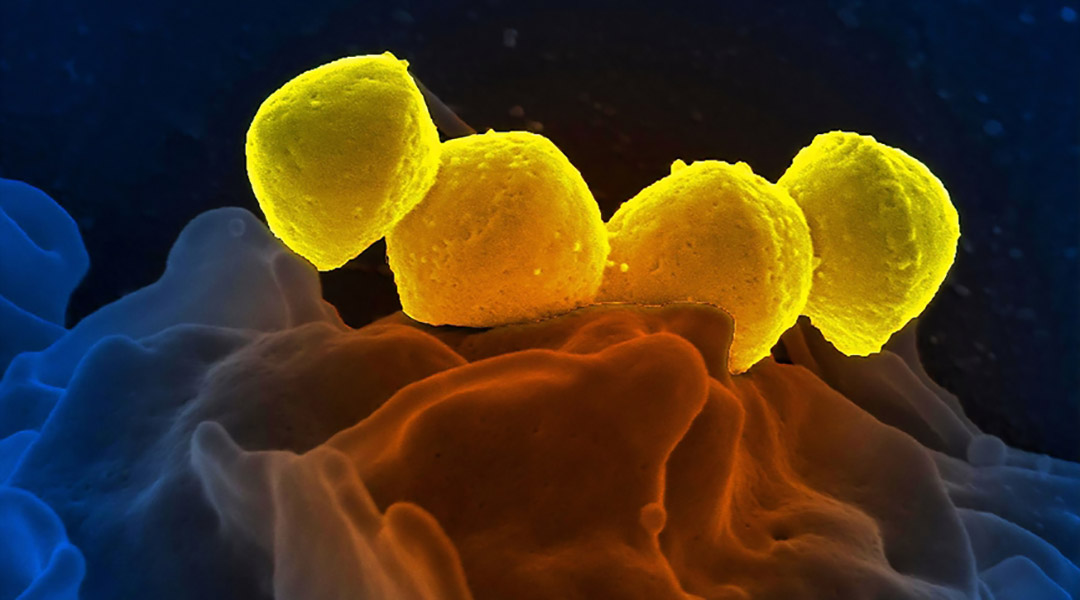
To combat bacterial wound infections, researchers have developed cellulose membranes equipped with antimicrobial peptides.
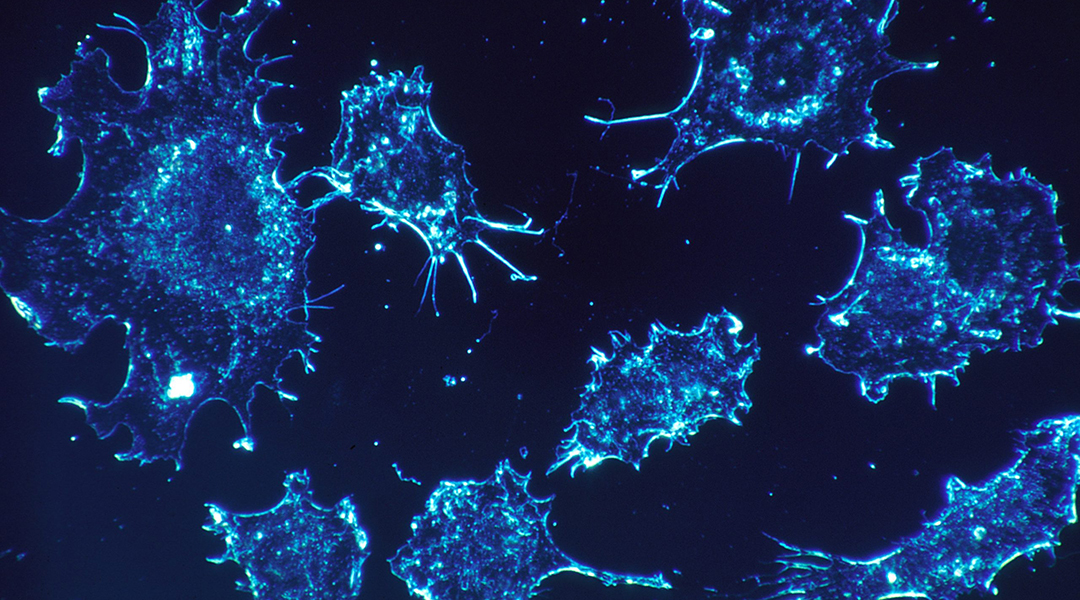
A research team highlights a new strategy in anti-cancer drug development.